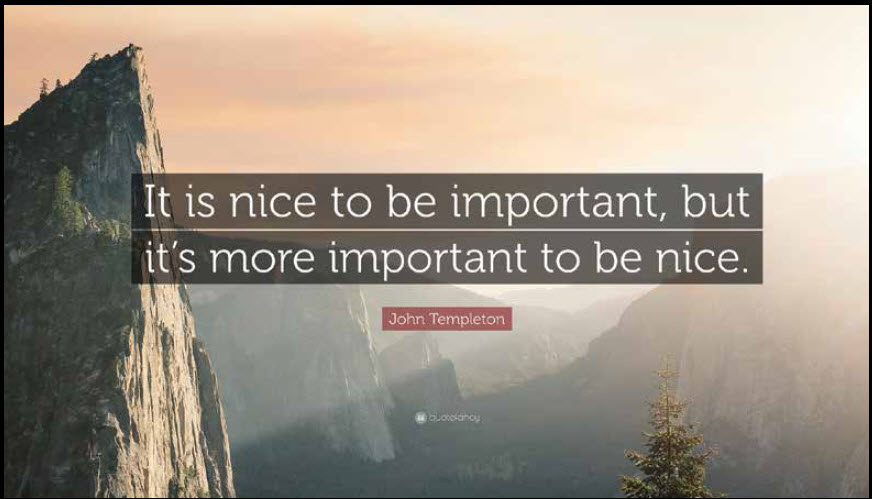By: Mae Lewis
Al Andrews is not just any counselor. He has a very special niche – specifically, recording artists – and his client list looks like a red-carpet roll call. He counsels artists on the problems that fame and fortune can bring, and he helps his clients stay grounded with wisdom. In a recent interview with Author Donald Miller, Andrews gave a list of “10 Things Powerful People Can Do To Not Screw Up Their Lives.”
Even though you or I might not be celebrities, this is a wonderful list of wisdom for anyone who is in a position of authority or working in a creative field. I have summarized it here:
- Create your own Central Park. Set aside time for rest, recreation, and restoration. Carve out space that contributes to your overall health.
- Bridge the distance. Help people to see that you are a real person, with failures and flaws. Let down your guard and don’t try to always be an amazing, flawless person.
- Read poetry. Not only is poetry beneficial in helping how you think and in encouraging creativity, it helps you to meditate on deeper matters, matters of the heart that address the whole human being. It helps you to slow down and see things in a new way.
- Sometimes decline the perks. Powerful people are privileged, and if you aren’t careful, you can end up with an attitude of entitlement. Andrews reminds us that it is easy to turn from “How can I serve you?” to “Do you know who I am?” As a proactive approach to staying humble, you don’t have to accept every perk that is offered.
- Share your platform. Always invite other people to share your audience. This is a good way to promote generosity and to teach yourself not to be possessive.
- Know your story. Know where you come from and where you are going. If necessary, find counseling for unhealed traumas. If you don’t know your story, your story will take you places you never wanted to go.
- Be sent out and welcomed home. Always have a community of friends that you connect with at home – People who will send you off when you are traveling, look out for your family when you are gone, and welcome you home when you return. It’s important to be connected to a larger community…to “have people.” You will be alone at times and you need to know that you have people to come home to.
- Get help. Don’t buy into the lie that you have to be perceived as someone who has it all together. Seek support and embrace the idea that sometimes you need to rely on someone other than yourself. “As leaders, you have your eye on the goal. You’re designed to win. But you need to realize you’re not designed to get there by yourself. You need someone to help you along.”
- Walk behind. “Leaders are often pushed…to the front of the line metaphorically or physically.” It’s okay to let other people walk in front. Take a new position, fall back. Stay humble and allow others to lead. This gives you room to breathe, and it teaches your team how to lead.
And my favorite, which I think sums up many of Andrews’ points:
- Gracious on the way up. Gracious on the way down.
Be kind to everyone you come in contact with. “If you’re in a coliseum, be gracious to the person checking hats and coats. If you’re at a party, spend some time chatting with the person with the tray of hors d’oeuvres.”
Never forget that every person that you meet is just as interesting as you are. If you are gracious all the time, people will remember that, and grace will follow you wherever you go. “And you’re going to need it someday.”
Life is full of ups and downs, and you will have times in your life that are up and times that are down. “In the everyday world, small kindnesses happen between people all the time. It’s only as you rise in power that your world becomes hierarchical.” If you live genuinely, humbly, and graciously, and learn to care for yourself as a leader, you will be able to lead from a position of strength and confidence.
By: Mae Lewis






